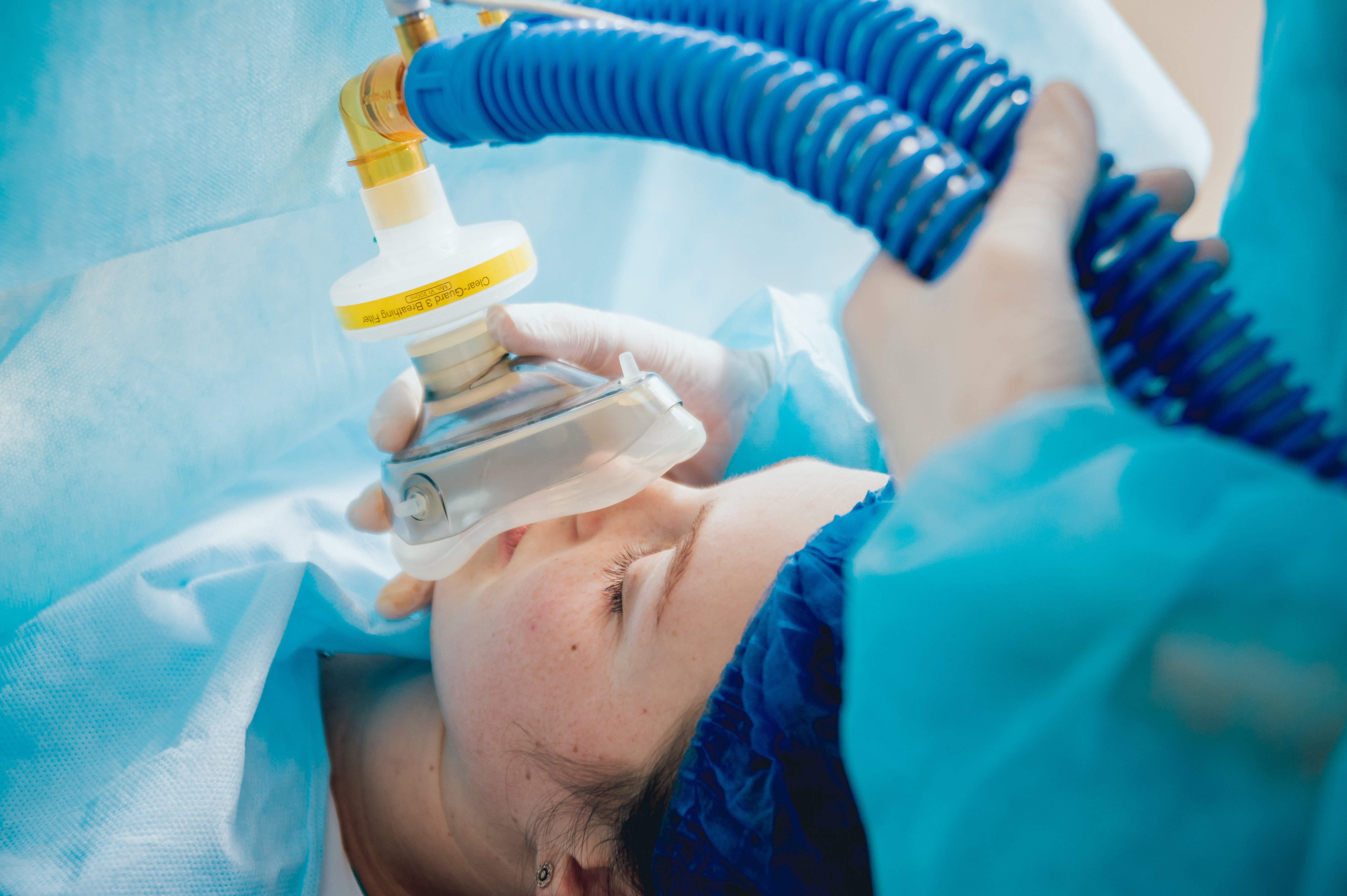
(Vienna, 20 March 2023) Climate protection and sustainability are among the major issues of the future. The concerns are also increasingly coming to the fore in the health sector. Anaesthesia, and intensive care in particular, contribute to greenhouse gas emissions through the use of pollutants such as anaesthetic gases and equipment such as heart-lung machines, which have a high energy consumption. At the University Hospital Vienna and MedUni Vienna's Department of Anaesthesia, Intensive Care Medicine and Pain Medicine, a multidisciplinary working group is now looking at measures to protect the climate that can be reconciled with the best possible patient care. The first processes to reduce emissions and manage waste are already being implemented.
Approximately one year ago, a working group on sustainability issues was founded at the Division of General Anaesthesia and Intensive Care Medicine, where doctors and nurses contribute their experience and expertise. An initial analysis along the parameters of which measures could achieve the greatest reduction in emissions without disregarding patient safety and the latest medical findings revealed that inhalation anaesthetics (anaesthetic gases) make the greatest negative contribution and that their use has to be redefined. " The avoidance of nitrous oxide was identified as one of the most efficient levers, as it has a significant greenhouse effect potential and, due to advances in medicine, its use, with few exceptions, is no longer in line with current scientific knowledge. This anaesthetic gas is now no longer used in the field of anaesthesia and intensive care medicine," explains Rafael Tschurtschenthaler from the Division of General Anaesthesia and Intensive Care Medicine and member of the working group. This measure will save around 1,000 metric tons of CO2 equivalents per year.
New filter systems are being tested at the initiative of the working group in order to reduce the direct greenhouse gas emissions of those inhalation anaesthetics that are less easily replaceable by other active substances, such as Sevoflurane and Desflurane, which are mainly used to maintain general anaesthesia. "Since October 2022, the use of activated carbon filters in anaesthesia and intensive care has been extensively tested. These filters capture the anaesthetic gases which are recycled by the distributor once the activated carbon is saturated. The new filters can contribute doubly to climate protection as they not only reduce emissions, but could also render the very energy-intensive anaesthesia suction unnecessary," says Harald Andel from the Division of General Anaesthesia and Intensive Care Medicine and member of the working group. In future, the activated carbon filters could be used primarily in the operating theatre, but also in intensive care units.
On the initiative of the working group, waste management and other energy-saving measures are also being pursued at the Division of General Anaesthesia and Intensive Care Medicine. As far as possible, the so-called five-R principle "Reduce, Reuse, Recycle, Rethink and Research" is actively implemented in the field of intensive care medicine. In addition, special attention will be paid to sustainability indicators in the case of new acquisitions of anaesthesia equipment budgeted for this year.
The working group works closely with the Sustainability in Anaesthesia and Intensive Care Medicine platform of the Austrian Society for Anaesthesiology, Reanimation and Intensive Care Medicine (Österreichischen Gesellschaft für Anästhesiologie, Reanimation und Intensivmedizin ÖGARI) as well as the environmental management team at the University Hospital Vienna, which is dedicated to the topics of mobility, nutrition, raising awareness, structural measures and energy as well as procurement, waste and disposal at the University Hospital Vienna.